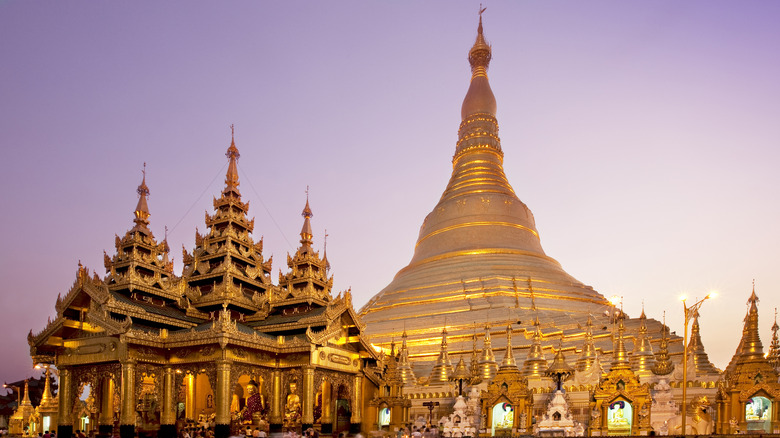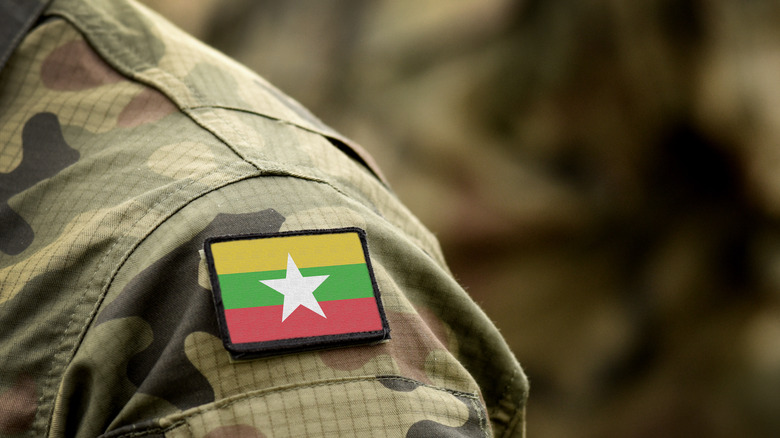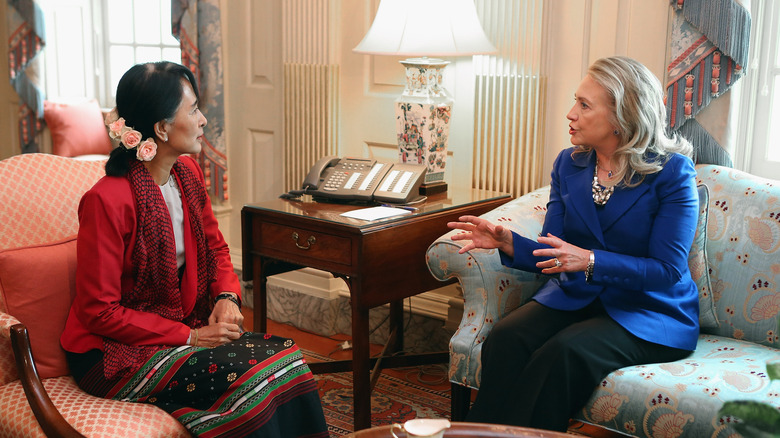The Controversial Reason Myanmar Changed Its Name (& Why Some Still Call It Burma)
You may have noticed that many news outlets, maps, and travel websites use the word Myanmar with "Burma" written in brackets next to it. Although the country changed its name long ago, today many people are still unsure which term to use — and there is no right or wrong answer.
Even after the United Nations accepted the change, officials from the U.S. and the U.K. have often refused to use "Myanmar" in discussions of the country. The trend seems especially curious given that the name was adopted for the seemingly innocent reason that not everyone in the country belongs to the Burman ethnic group. Some also argue that the word "Burma" is leftover from colonialism and that in official documents the country has always been called Myanmar; Burma is the less formal version of the name, which is typically used in speech rather the writing. The official change only really affects English speakers.
The reason some countries have wavered on the use of the name is entirely political. The word "Myanmar," is now associated with the military junta that has long held the country in a vice. As the country has changed — becoming more or less democratic — politicians from the U.S. have vacillated between the two words, a punitive linguistic choice that some regard as pointless.
What's in a name?
Myanmar became fully independent from the U.K. in 1948, and their fledgling democracy struggled for life, undermined by military coups in 1958 and 1962. Although there are many pro-democracy advocates in the country, fighting for liberty has not been easy.
In the West, Myanmar garnered particularly bad press for its crackdown on pro-democracy protestors in 1988, and a year later, in 1989, Burma changed its name to Myanmar — part of a rebranding of sorts. In response to the atrocities committed at the time, many people wished to show their disapproval of the regime — and ignoring the name change became a big part of that. It was an easy way to show disdain for the military elite, especially given that the country's pro-democracy faction continued to use the word "Burma." Democracy activists argued that given that the government was not legitimate it could not legitimately change the country's name.
On the other hand, critics argue that the country's name hardly matters, whatever we may think of the regime. A military junta by any other name would smell just as authoritarian. Many countries have accepted the name change — as has the United Nations itself.
Changes in US usage
For a brief period, it seemed as if the U.S. was going to accept Myanmar's name change. Despite American disapproval of the word, U.S. usage of "Myanmar" is pretty inconsistent nowadays. According to VOA, today the White House uses both names, depending on what sort of communications it is putting out.
When the political situation started to look more hopeful in the country, it looked as though Americans may stop saying "Burma" altogether. President Barack Obama opted to use the new name on a 2012 trip to the country, although Secretary of State Hilary Clinton, was more cautious, using "Burma" occasionally but also reverting to the phrase "this country" whenever possible, to avoid causing offense (per the BBC). At the time, it seemed like the Southeast Asian nation was making a steady transition toward democracy, especially after many political prisoners were released, and elections were called. PBS reports that around the same time, many news outlets also shifted gears, adopting the official name for the first time as well.
Flash forward to 2021, and yet another military coup has rocked the country, dissolving the quasi-democratic government. In response, President Joe Biden showed his disapproval by calling the country Burma once again. The issue of what to call Burma/Myanmar remains unresolved.


